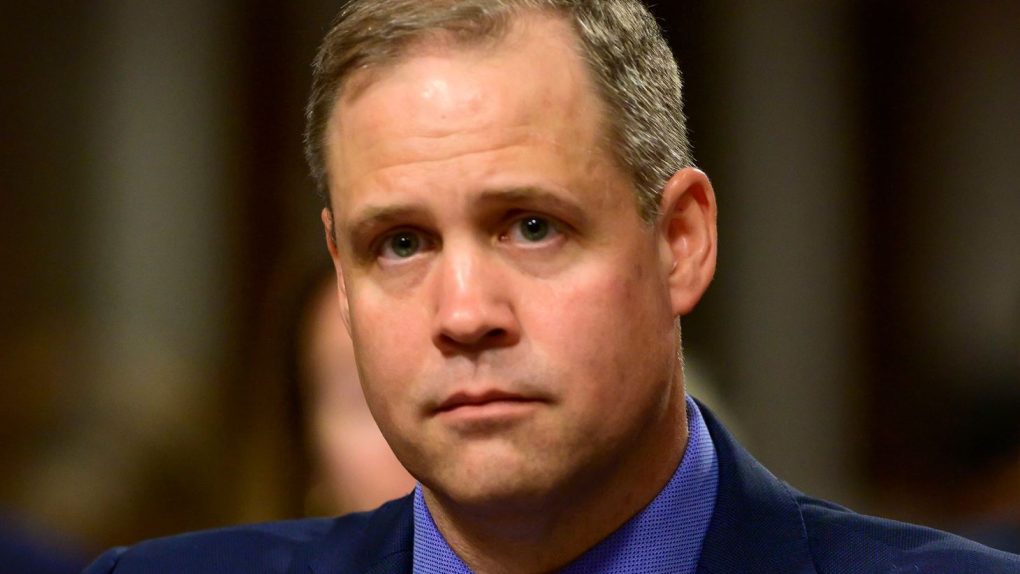NASA is looking forward to sending humans back to the Moon within the next five years, and despite some serious hurdles regarding budget and funding, NASA administrator Jim Bridenstine seems optimistic the agency can pull it off. Beyond the Moon mission, the near future may include crewed trips to Mars, but on his trip to Japan this week, Bridenstine made it clear that such endeavors would require “security.”
The NASA boss repeatedly emphasized the idea of “space security” during his talks in Japan, noting that the Japanese space program JAXA has been a key partner for some time now. However, the vagueries in Bridenstine’s statements are difficult to parse, at least on the surface.
“NASA fully supports the idea of space security,” Bridenstine reportedly said. “All of our partners and allies should understand how important space is and understand that we will do what is necessary to preserve it. And to the extent that NASA and JAXA continue to explore space, it will only be because it is secure.”
Space is inherently dangerous, and sending humans to places like the Moon and Mars is both challenging and risky. However, it’s clear that Bridenstine’s emphasis on security has little to do with Mother Nature and more to do with human nature.
Allied countries make it their duty to watch each other’s backs here on Earth — or at least they do their best to pretend that’s the case. As humans begin to explore space in person, similar partnership will need to be hashed out, and it’s only natural that agreements made on our planet extend to the cosmos, assuming both countries have something to gain.
China, which is just beginning to get its “space legs,” if you will, has been seen as a bit of a wild card. It’s true that Chinese scientists have been increasingly open with sharing their discoveries in space and working hand-in-hand with NASA for mutual benefit, but some tensions remain. For instance, China is not allowed on the International Space Station, and that’s almost entirely due to the United States refusing to allow it.
Politics has always been a big part of space exploration, so it’s not necessarily a surprise that countries are now openly discussing their security partnerships. Things will likely get a lot more interesting once efforts to establish off-world settlements on the Moon and perhaps Mars finally begins, but the foundation for that inevitable drama is already being laid.








